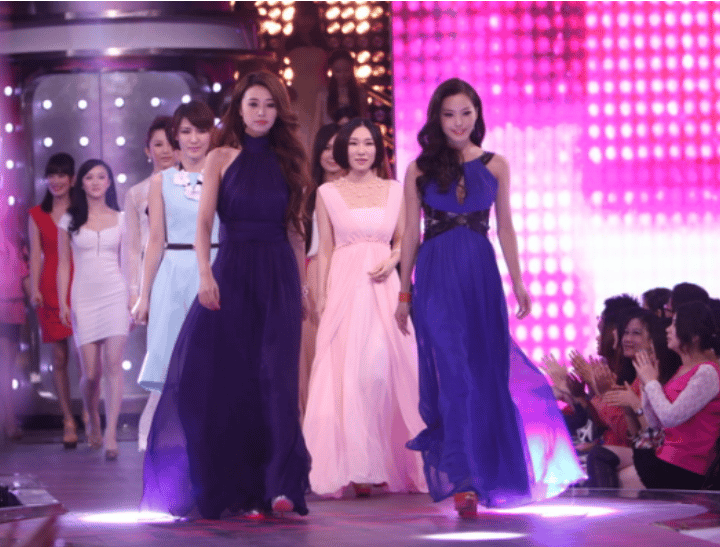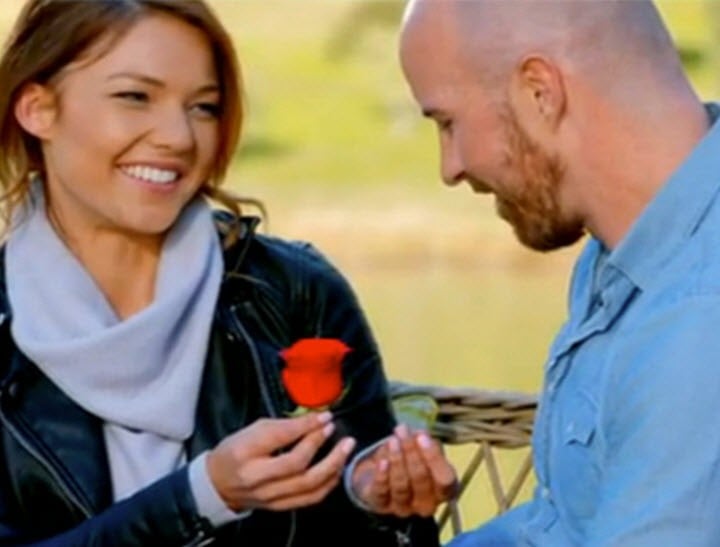
By Peter West.
We all know plenty about Channel TEN’S The Bachelor and its new spin-off The Bachelorette, whether through watching the shows – as 1.5 million Australians do – or the media and social media circus that surrounds every twist and turn.
We can take from this that dating, and how it’s done, matters. The Bachelor’s mushy, imported-from-America format is a winner, and reflects back to us certain “realities” about dating in the modern age. But there are other dating formats, with other “realities” that are worth keeping an eye on too.
The Chinese dating show If You Are the One (IYATO) has a reported domestic audience of 50 million. In Australia, currently airing on SBS, it has an audience of 82,000. That’s a “huge cult following”, says SBS Communications Manager, Michael Morcos.
At present, SBS is calling for applications from wannabe Australian contestants. In December, 28 successful applicants, who must be fluent in Mandarin, will be flown to Nanjing to appear in a series of Australian specials.
For those yet to have the pleasure, IYATO – which started broadcasting in 2010 – looks like a job interview, of sorts. A male romantic hopeful is presented as a “candidate” to a panel of 24 women every week, who are asked for their impressions. “He’s OK,“ one woman might say. “You look very cute,” another might say. “I like fatties,” another might add.




Top Comments
Happily alone thanks - I have my independence, my two beautiful teenage sons, can travel overseas once a year, watch what I want on TV, see the movies I like, play the music I like, eat what I like, not have to put up with rubbish in-laws, boring hobbies or annoying habits. I sometimes contemplate joining E-Harmony or something but really...I just can't be bothered.
Hey kate, just a quick one. If ever you changed your mind (no pressure)... much to my own surprise and initial web-dating reluctance - eHarmony actually worked for me!!
I was on it a maximum of five weeks. I lined up brief daytime dates with the two decent, balanced and interesting sounding men on one weekend. He was the first one I met. We're still together, very happy and we're planning a family now!! :)
No I am not afraid of dying alone at all. I think it is more important to enjoy my life now, rather than worry about what may happen when I am old. I bet many of my married friends will die alone too, as their husbands will statistically die before them anyway.